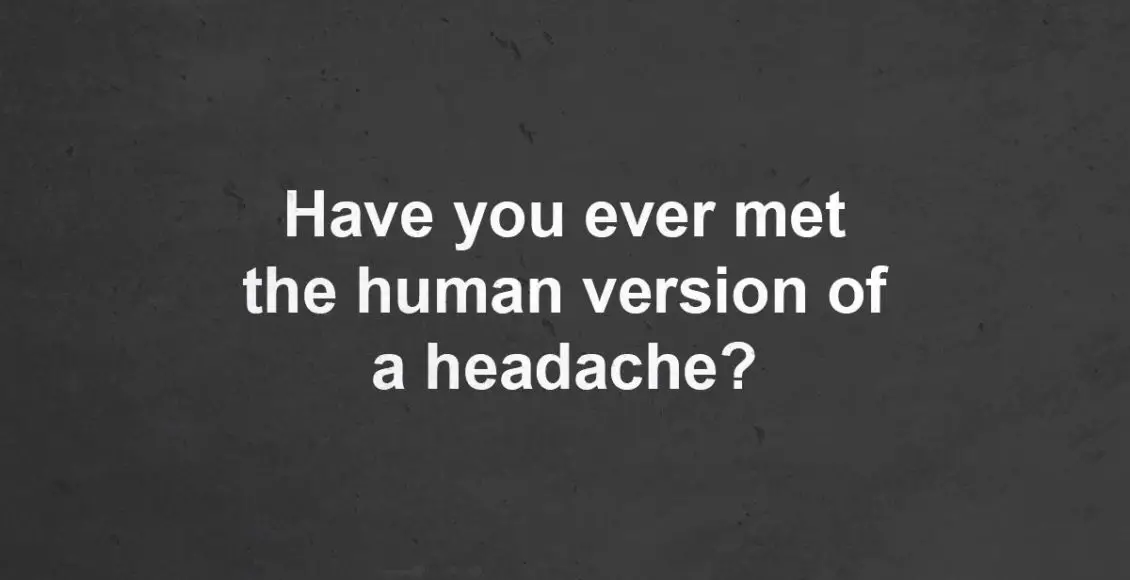While some negative people are blissfully unaware of the negative impact they have on the people around them, others derive satisfaction by creating chaos and getting on people’s nerves.
Regardless of which category they fall under, they create unnecessary complexity and, worst of all, stress.
Studies have found that stress can have a lasting negative impact on the brain. Exposing yourself to even a few days of stress will compromise the effectiveness of neurons in the hippocampus, which is an important area of the brain in charge of memory and reasoning. And while weeks of ongoing stress causes reversible neuronal dendrite damage (the small “arms” that brain cells use to communicate with each other), months of stress can destroy neurons permanently.
Stress is a serious threat to your success in life – when stress gets out of control, both your performance and your brain suffer.
Even if the particular negativity appears harmless and hypothetical, the thalamus and the amygdala areas of our brain are not able to make a distinction between the stress of a pessimistic social media post and the stress of something that could harm us physically. Rick Hanson, a neurophysiologist, best selling author, and founder of the Wellspring Institute for Neuroscience and Contemplative Wisdom, has described “experience-dependent neuroplasticity,” as the concept that our thoughts and experiences are literally shaping our brains. Experiences can foster the growth of new synapses and even change your genes, making the control of your experienced stimuli a matter that could have an effect on your future offspring.
And now that we understand how destructive the negative people around you are, the best plan of action would be to ditch any such relationships you might have and completely focus on building a circle of people around you who make you feel you feel your best. However, if you must continue to be around this group, simply ask how they intend to fix the problems they are currently facing. This will immediately make it clear to them that you will not be joining in their misery, and thus the conversation will be redirected in a more positive, productive direction and everyone’s mental health will be left intact.
Do you have your own strategy for dealing with negative people? Share it with us in the comment section below!


